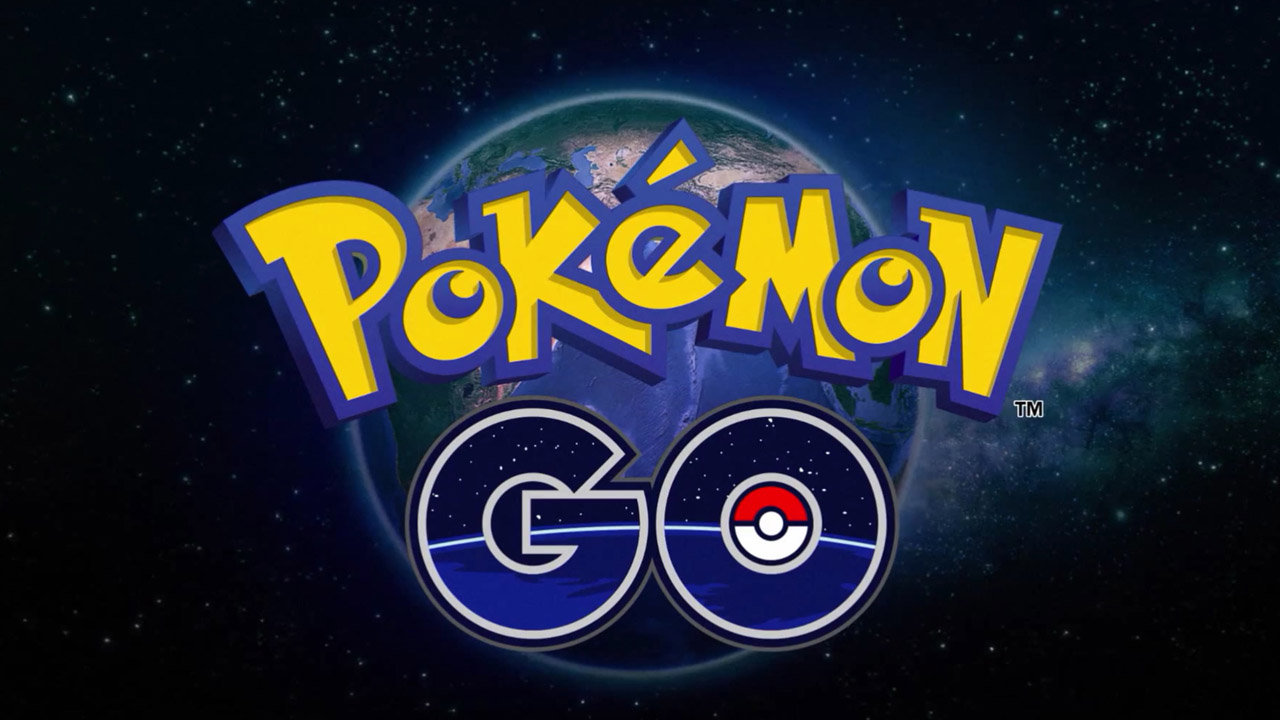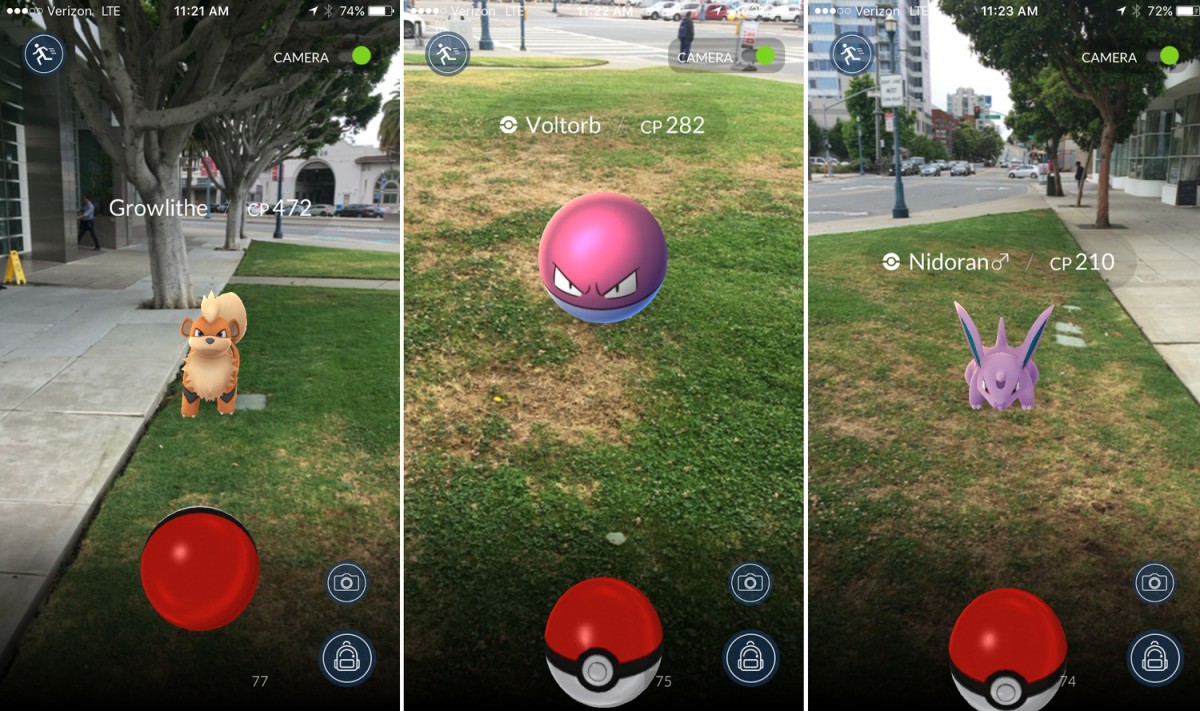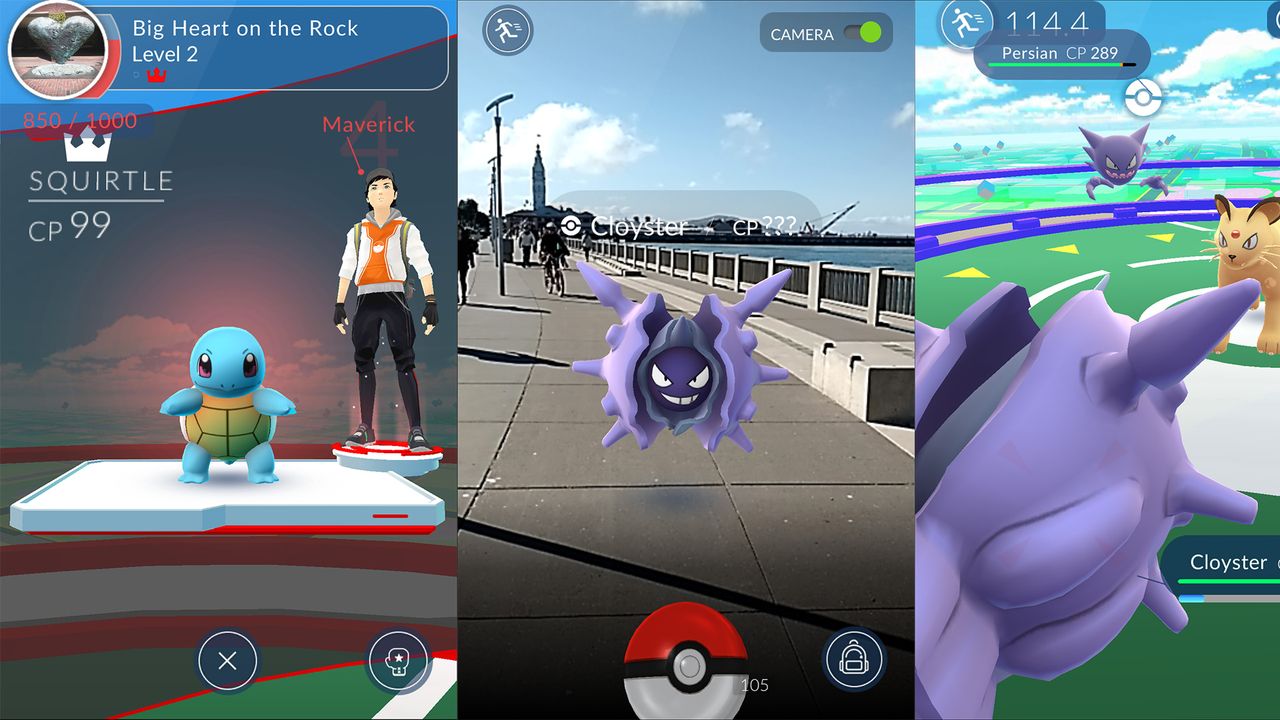Pokemon Go: A Game-Changer for the Games Industry?

Unless you’ve been living under a rock for the past week, perhaps sharing that rock with a Squirb or a Blubalub, the chances are you’ll have heard about Pokemon Go. Niantic’s free-to-play mobile game for iOS and Android has been making all kinds of crazy headlines, linked with armed robberies, the capture of murder suspects and even the discovery of a dead body.
What is Pokemon Go and how can it have such an influence on real world events? Described as an “augmented reality” game, Pokemon Go utilises key features of modern smartphones – high quality cameras and location information/GPS mapping – to place Pokemon at real world locations.
Players of the game can wander the streets or woods near their home, listening for alert signals that signify a Pokemon is near, and search for it through their camera. When discovered the Pokemon will appear, through the camera, to be a part of the natural world.
Players can then seek to capture or “train” that Pokemon and collect them, as in previous iterations of the game.

It is the link between real world locations and the game that has put Pokemon in the headlines. Armed robbers have used Pokemon Go to lure players to remote locations, while others have simply stumbled upon unusual events when exploring places they wouldn’t otherwise have visited were it not for the game.
Putting aside safety concerns, opinion of the game’s defining feature – linking real world locations with gaming – will largely depend on individual perspective. Some may find it positive that Pokemon Go encourages people to get outdoors and explore, others will find it tragic that youngsters have another excuse for wandering about staring at their phone.
The high uptake of Pokemon Go and the interest it has generated also poses questions for the gaming industry. Smartphones have increasingly threatened the traditional powerhouses of gaming and their console bases. Nintendo have a stake in Pokemon Go and their shares have received a boost as a result of its success, but Microsoft and Sony may be concerned.
For all that Nintendo’s Wii U has been a failure, it’s innovative blend of a console unit and a portable gamepad seems in tune with the possibilities of augmented reality gaming, and rumours suggest that follow up console the Nintendo NX will further enhance the portability of the console’s gamepad. Potentially, the Nintendo NX could link a portable unit used to capture Pokemon at remote locations with a base unit capable of offering a home console experience based around the captured Pokemon.
Sony and Microsoft’s current focus appears to be on virtual reality technology, 4K gaming and enhanced network experiences. Will the success of Pokemon Go open their eyes to the potential of augmented reality gaming?




